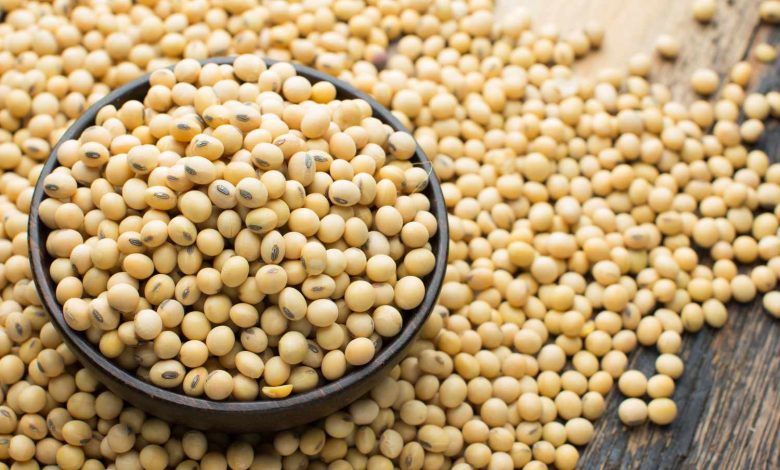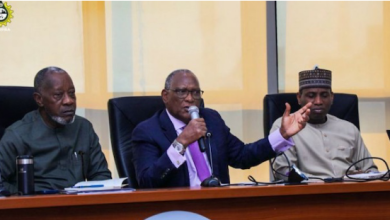Business
U.S. Soybean trade boosts Nigeria’s protein supply and economic growth

The U.S. Soybean Export Council (USSEC) and the U.S. Mission in Nigeria are teaming up with local companies to bridge Nigeria’s protein gap by increasing trade and supply.
This partnership aimed to address the country’s low protein consumption, which currently stands at 45.4 grams per person per day, below the FAO’s recommended 60 grams.
A statement by the U.S. Soybean Export Council said its signature “Nigeria: NOW” conference held in Lagos last week brought together stakeholders across the government and private sectors, including poultry producers, nutritionists, and more.
USSEC said that with a population of over 236 million and growing, Nigeria’s protein consumption per capita remained low at only 45.4 grams per person per day compared to the FAO’s minimum recommended intake of 60 grams. The global average is around 64 grams.
Speaking at the event, Acting U.S. Consul General, Lagos, Nigeria, JoEllen Gorg noted that “The U.S. Soybean Export Council’s Nigeria: NOW conference marked a pivotal milestone in creating a pathway for mutual prosperity and shared economic success.
”By addressing Nigeria’s protein gap, fostering innovation, and promoting best practices, the U.S. Soy industry is helping to build a resilient agricultural sector in Nigeria, ensuring long-term food security and economic stability.”
According to Gorg, the collaboration between USSEC and the U.S. mission in Nigeria is critical in helping export-ready U.S. companies build business relationships with Nigerian agribusinesses and promote the use of U.S. soy in Nigeria’s feed and food industries.
She said, “We are enthusiastic about the opportunities arising from the collaboration between USSEC and the U.S. Mission in Nigeria.
”This partnership is crucial in helping export-ready U.S. companies build business relationships with Nigerian agribusinesses, training Nigerians in new agricultural practices, and promoting the use of U.S. soy in Nigeria’s feed and food industries.”
USSEC CEO, Jim Sutter, added, “Trade is vital to the global economy and, more importantly, to local economies. U.S. Soy is at the forefront of collaborating with its partners as a reliable supplier.”
Robert Alpers, a generational U.S. Soy farmer and United Soybean Director, echoed this, “I’m proud to be playing my role in helping to feed the world sustainably. As U.S. Soy farmers, we are committed to ensuring we produce more using fewer resources and reducing our environmental footprint.
Participation by high-level Nigerian stakeholders, including former President, Chief Olusegun Obasanjo, Grand Commander of the Order of the Federal Republic, Mr Seyi Makinde, Executive Governor of Oyo State, and Abisola Olusanya, Commissioner for Agriculture & Food System, Lagos State, emphasised the opportunity for greater collaboration between U.S. Soy and Nigeria.
The collaboration is expected to foster innovation, promote best practices, and build a resilient agricultural sector in Nigeria, ensuring long-term food security and economic stability
Nigeria grows soybeans domestically, but demand significantly outpaces supply, with local production estimated at 1.15 million metric tons for the marketing year 2023/24.
Nigeria imported 62,100 metric tons of soybeans from the U.S. after a six-year pause, highlighting the potential for deeper collaboration between the two countries.



